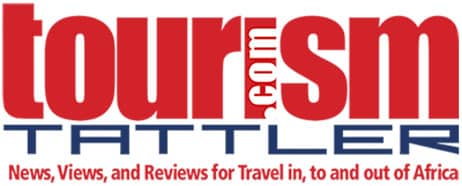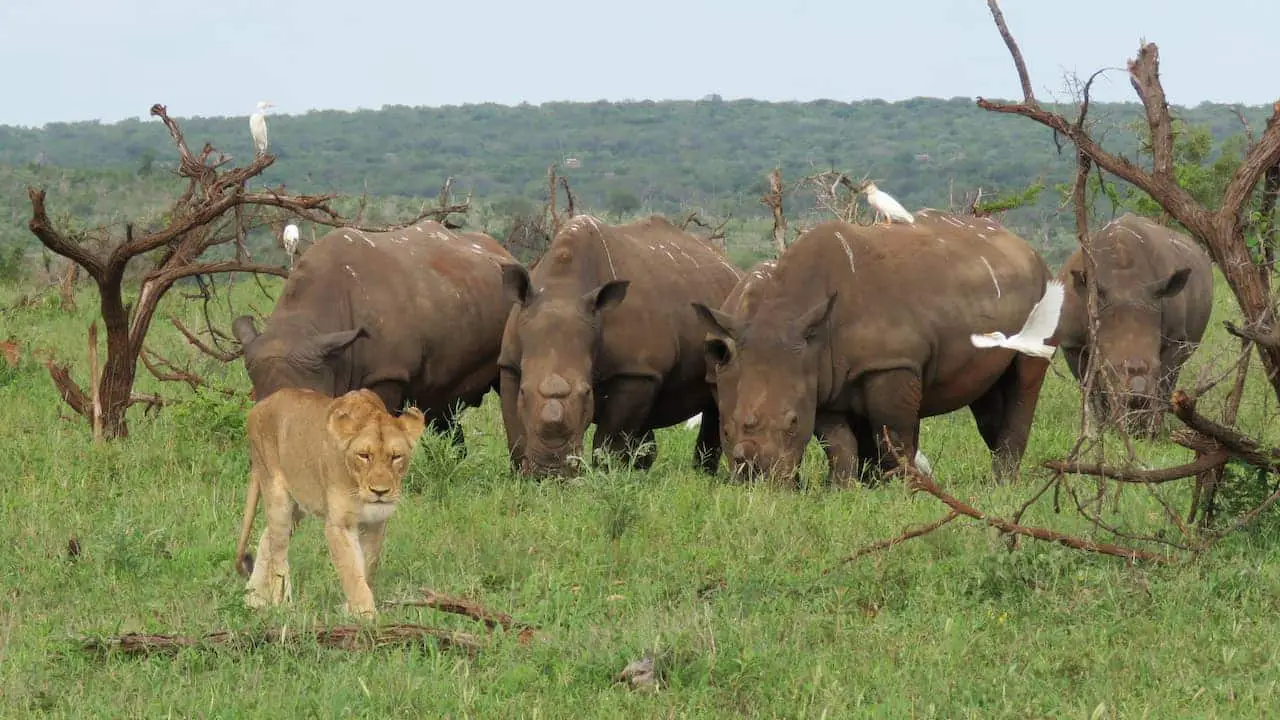Fair Trade Tourism Publishes Captive Wildlife Guidelines
SOUTH AFRICA, 23 July 2018 – Fair Trade Tourism (FTT) has published its Captive Wildlife Guidelines, which aim to assist the travel industry make decisions about which captive wildlife facilities to support and which to avoid.
The Guidelines, which were developed after consultation with nearly 200 organisations and 40 publications, are based on five pillars – legal compliance, wildlife conservation, animal welfare, visitor safety and transparency. They discuss issues around specific wildlife species in captivity, such as elephants, lions, cheetah, wild dog, dolphins and whales, ostriches, crocodiles, primates and birds, and include a questionnaire to help tour operators to assess captive wildlife facilities themselves.
FTT says global research conducted by Oxford University’s Wildlife Conservation Research Unit indicates that up to four million tourists who visit captive wildlife attractions per year are contributing to animal welfare abuse and declines in species’ conservation, yet 80% of them are unaware of their negative impacts.
“Issues around captive wildlife are firmly in the global spotlight and have the potential to negatively affect Brand South Africa”, says FTT MD Jane Edge.
“Many animal welfare groups are lobbying to have the captive wildlife industry shut down and this pressure is likely to grow. FTT recognises that the industry is here to stay but that good practice standards and guidelines are urgently needed to weed out dangerous or exploitative practices. We encourage the tourism sector to use our guidelines to make discerning choices, thereby helping to improve standards and the overall image of South Africa,” she said.
Ms Edge said while the complex interplay between conservation, welfare, education, research and employment had to be taken into account in assessing the captive wildlife sector, South Africa could not afford to deviate from global norms. “To ensure that our guidelines align with global good practice, we consulted widely with international wildlife conservation, responsible tourism and animal welfare bodies, however, we have also taken into consideration the realities of the South African environment, however, we also widely consulted local stakeholders regarding the particular operating environment in South Africa.”
FTT’s guidelines will be issued free of charge to FTT certified businesses, members and approved tour operators. Any other business can purchase the guidelines for a subsidized fee of R250. Contact shona@fairtade.travel to obtain a copy.
Following the launch of its guidelines, FTT plans to host a conference on Wildlife in Tourism to which global and local experts will be invited to address some of the complex issues involved in the sector.
Read more on this topic:
Fair Trade Tourism’s Wildlife Petting Policy
Why Join the Fair Trade Tourism?





